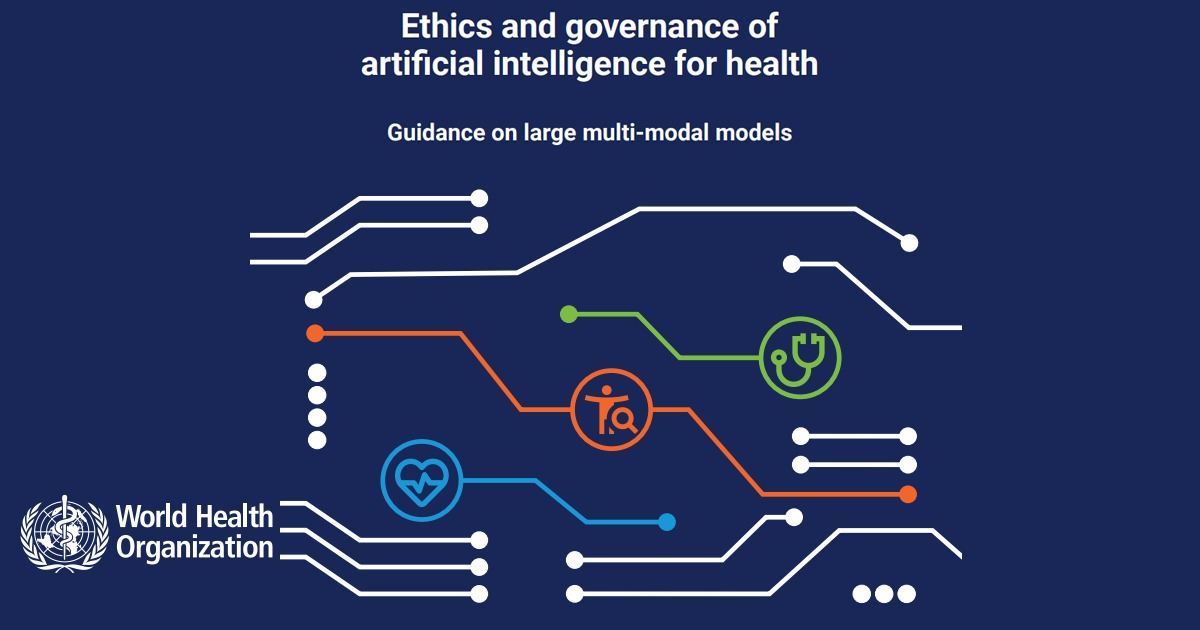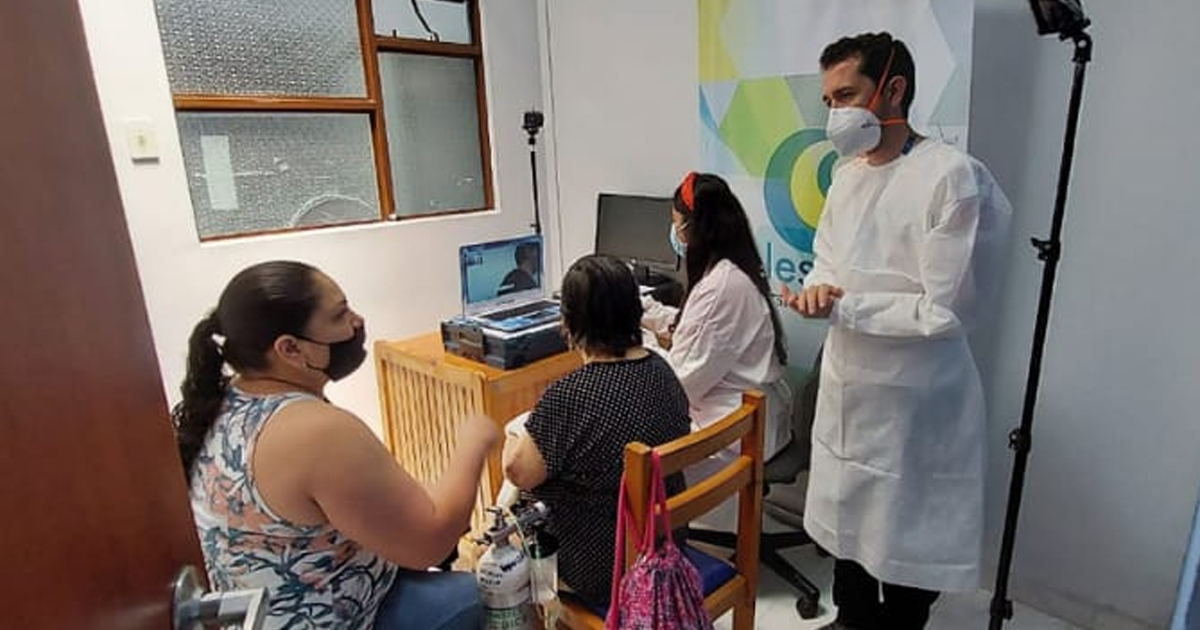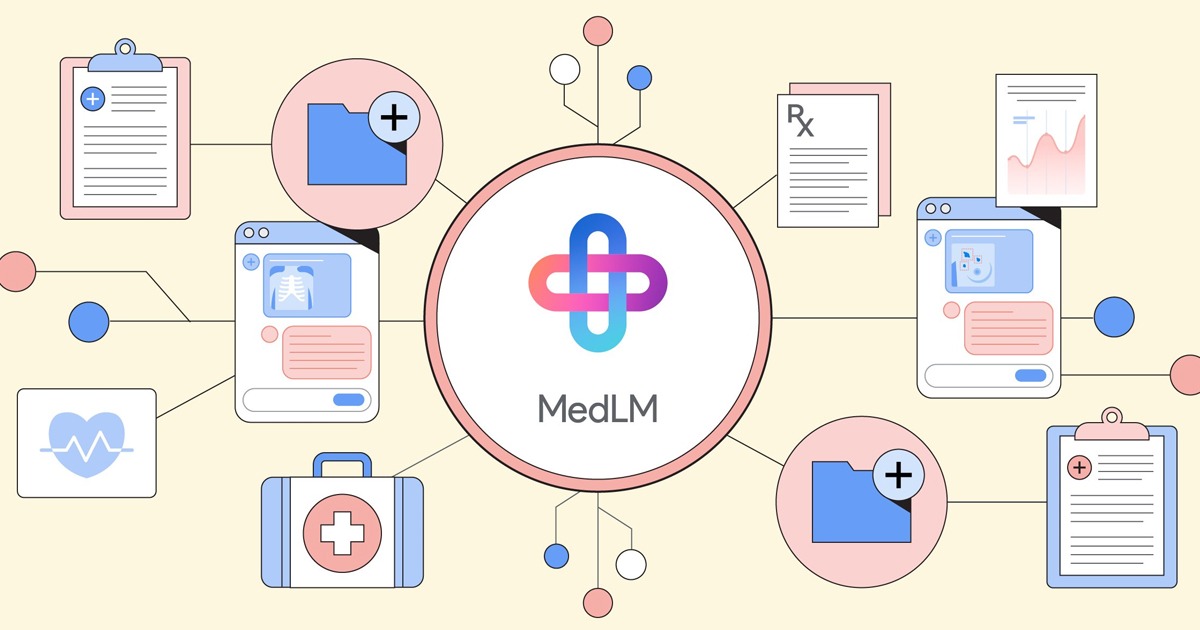Research published in JMIR, conducted by researchers in Manchester, United Kingdom, evaluates the evidence on digital health technologies for the promotion of physical activity in adults over 50.
The promotion of physical activity is important for the creation of healthy habits among the population. Older people who do not get physical activity are at greater risk of suffering adverse effects on their health. In the face of the COVID-19 pandemic, there is concern among the medical community about reducing physical activity among older people through distancing measures.
The study entitled: Promotion of Physical Activity in Older People Using mHealth and eHealth Technologies: Rapid Review of Reviews, conducted by medical researchers Chris Todd and Lisa McGarrigle, assess the evidence for mHealth or eHealth technology in the promotion of physical activity among older people aged 50 years or older.
The method they used was a review of systematic reviews using PRISMA guidelines (Preferred Reporting Items for Systematic Reviews and Meta-Analyses) a guide for the publication of systematic reviews. The review included publications in English from three electronic databases: Medline, CINAHL Plus and Scopus. Through the search, characteristics of the publications were evaluated such as the effectiveness of the intervention carried out.
Finally, the researchers found 472 publications and after applying the eligibility criteria, they selected 15 full text reviews, one of which was subtracted by exclusion. And finally, of the 14 studies, five were selected after not meeting some inclusion criteria, such as population or type of intervention.

One of the studies (Cooper et al, 2018), used technologies with movement sensors to measure the number of steps walked per day, establishing goals in the study participants. The next study (Jonkman et al, 2018) used tablets, smart watches, and cell phones to reduce sedentary habits among participants. The third study reviewed (Larsen et al, 2019) used physical activity monitoring devices, such as pedometers, or smart watches as well, to measure the amount of physical activity in participants on a daily basis.
Within the fourth study reviewed, the main intervention was found to be computer-based, using website information, text messaging, and other techniques. The fifth and final study used a cell phone application and synchronized wearables, all to measure minutes of activity per day, % of time without activity per day, as well as steps walked per day.
“Our review suggests that interventions that are theory-based and include behavior change techniques, clear instructions, and social and professional support may be more effective than those that do not. When introducing new technologies such as apps to older people, the steep learning curve older people may experience must be recognized and support supplied to help them become familiar with the technology,” the authors note in the discussion section.





